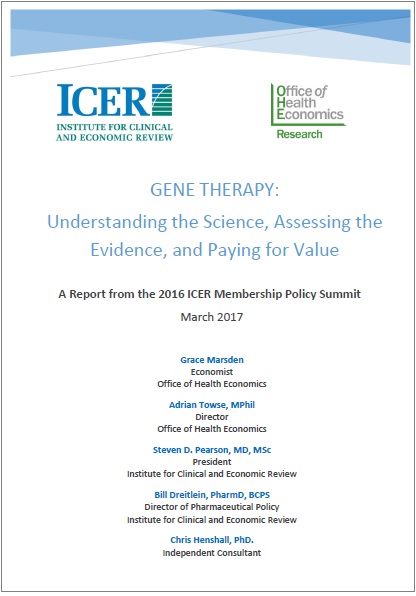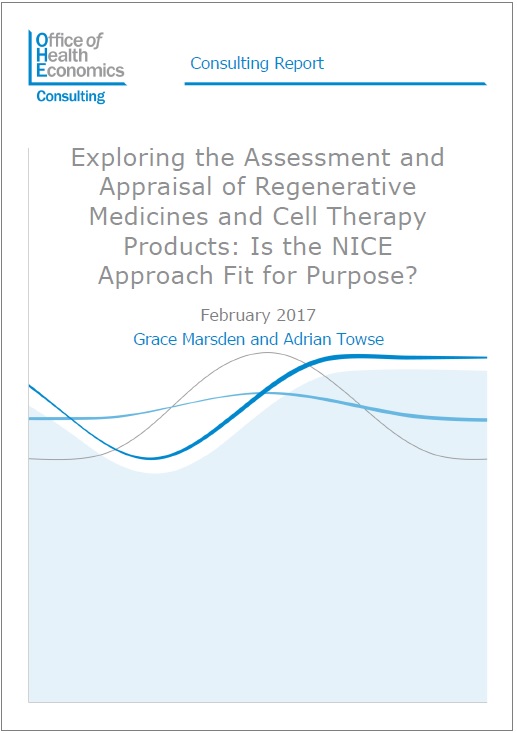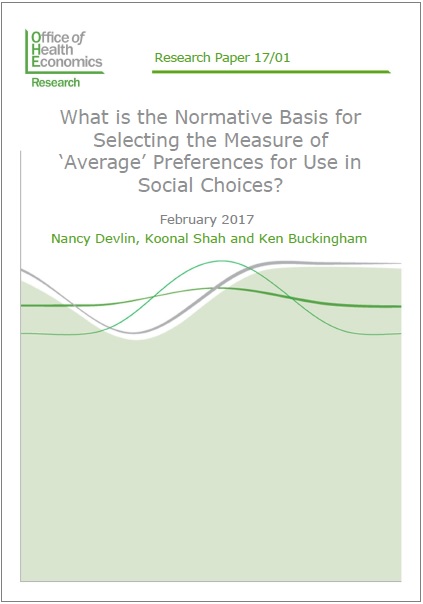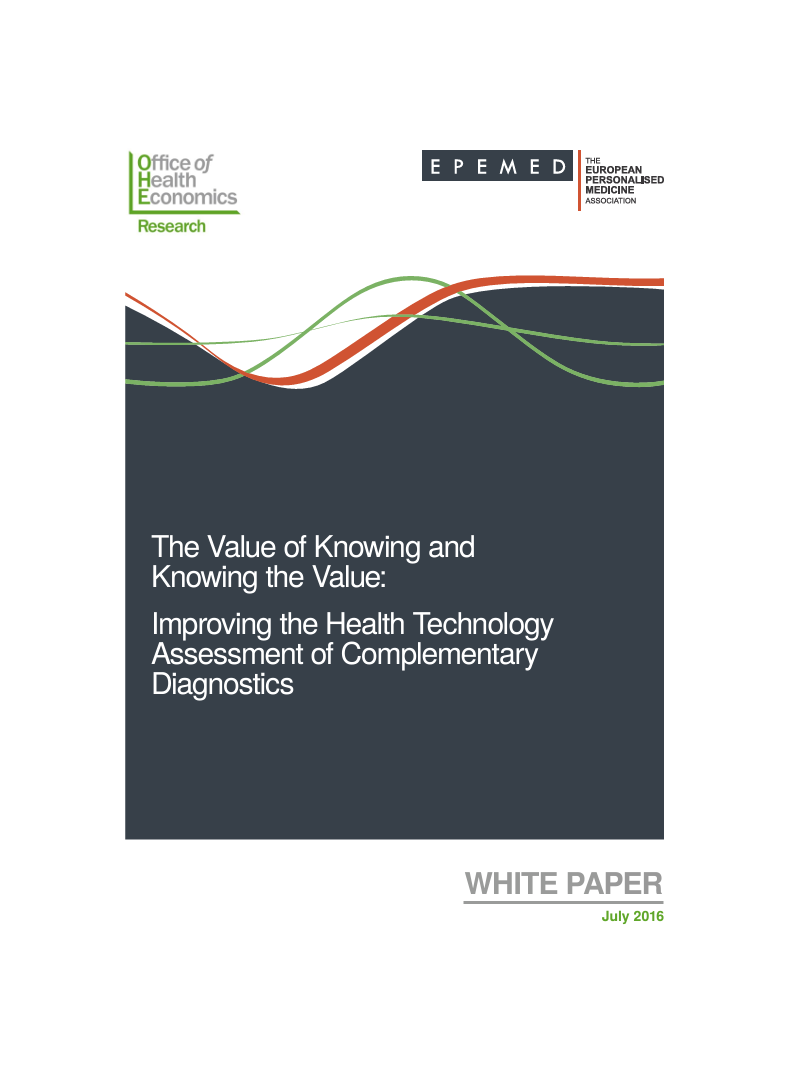Sign up to our newsletter Subscribe
Gene Therapy: Understanding the Science, Assessing the Evidence, and Paying for Value

Sign up to our newsletter Subscribe



Much has been written over the last 40 years bemoaning the state of NHS waiting lists. Contributions to this literature have come from diverse fields; from epidemiologists, surgeons, statisticians, operations researchers, managers and social scientists (Pope, 1990) (Mullen, 1993), (Yates, 1987). This fact, together with the apparent dramatic success of NHS waiting time reduction initiatives over the last decade raises questions as to whether NHS waiting lists still pose the political, clinical and personal problem to patients that they have in the past and whether another treatise on NHS waiting lists is necessary.
In my view, waiting lists are a cause for concern not because of the total number of patients waiting, nor due to whether or not patients wait over an arbitrary maximum guaranteed waiting time; NHS waiting lists are a concern because they represent a microcosm of the NHS as a whole.
Choices over waiting list policy at both national and consultant levels over how individual lists should be managed, reflect inevitable choices over priorities. These choices ultimately govern what services are to be available under the NHS, to whom and on what basis of access; choices which on the scale of the NHS are only recently being debated in the public forum (New, 1996; Culyer 1997).
Development of a battery of methods for the economic evaluation of health care in the emerging discipline of health economics, together with a drive for evidence based medicine are undoubtedly having a profound effect on the finance and organisation of the NHS. In this OHE briefing it has been my task to bring together a diverse literature offered by health economists on the subject of NHS waiting lists. This literature ranges from highly theoretical models of waiting lists as a non-price market equilibrating mechanism, to policy proposals for the reduction in the size of NHS waiting lists and waiting times. What is clear from my trawl through this literature is a shift from such models and policy recommendations towards a recognition, which I support, that the current focus on reducing waiting times and adhering to maximum guaranteed waiting times is misplaced.
Within the wider context of the questions that face the NHS as to priorities for public health care, there is a need to re-orientate waiting list policy towards what I would call the ‘rationalisation’ of waiting times, so that waiting times are more fairly distributed and reflect professional and public concerns over the clinical and social factors that should determine how long individual patients wait for different treatments. The more recent literature by health economists reviewed here, proposes admissions indices, points schemes, and gradients of clinically appropriate waiting times for different urgency categories to facilitate the rationalisation of waiting time.
I take this opportunity to offer a few thoughts with respect to future national waiting list policy and the unique and focused research opportunity which exists to examine, within the microcosm of NHS waiting lists, some of the questions of priority setting which face the NHS as a whole in gargantuan proportion.
An error has occurred, please try again later.
This website uses cookies so that we can provide you with the best user experience possible. Cookie information is stored in your browser and performs functions such as recognising you when you return to our website and helping our team to understand which sections of the website you find most interesting and useful.
Strictly Necessary Cookie should be enabled at all times so that we can save your preferences for cookie settings.
If you disable this cookie, we will not be able to save your preferences. This means that every time you visit this website you will need to enable or disable cookies again.
This website uses Google Analytics to collect anonymous information such as the number of visitors to the site, and the most popular pages.
Keeping this cookie enabled helps us to improve our website.
Please enable Strictly Necessary Cookies first so that we can save your preferences!